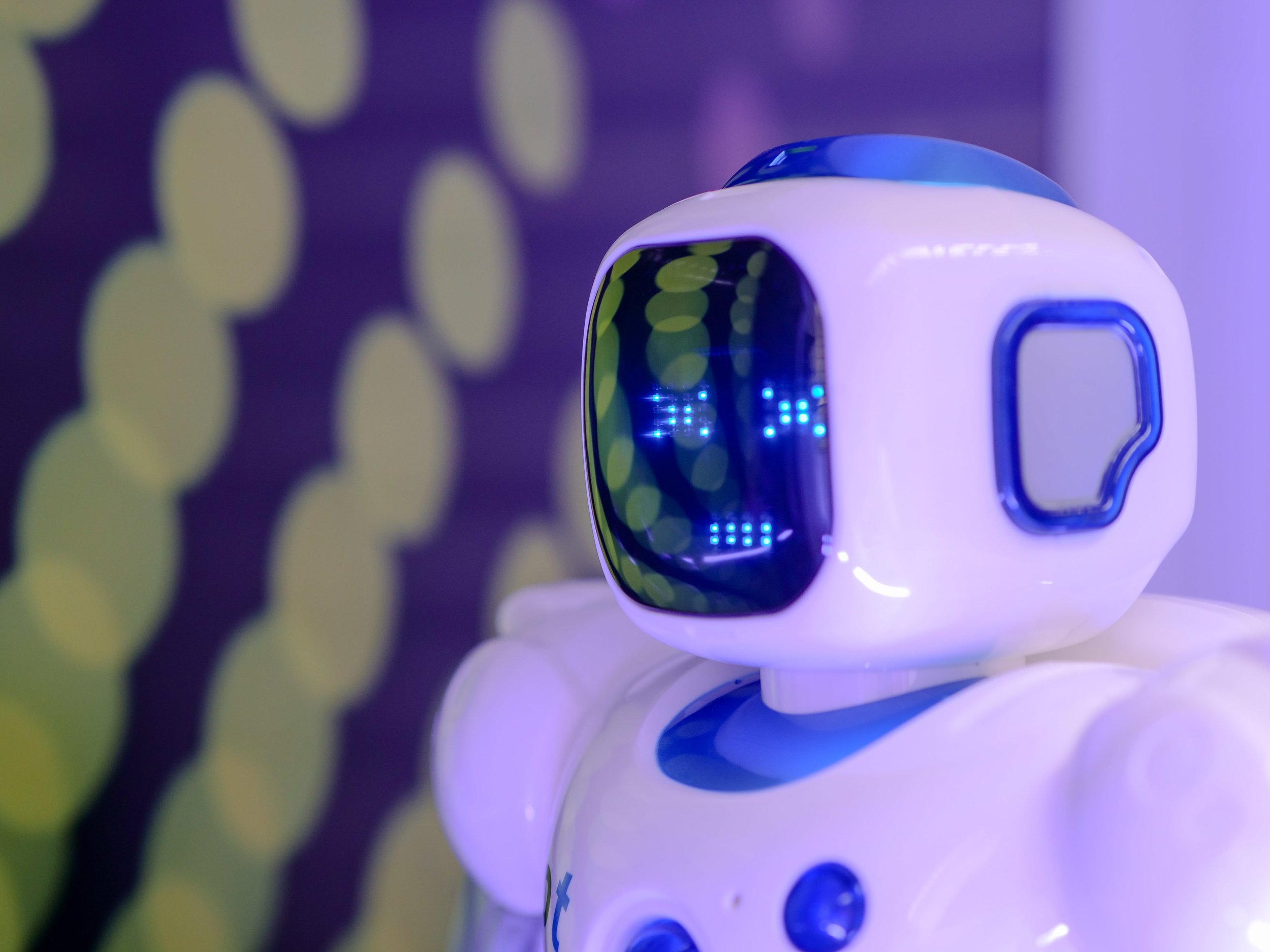Understanding "AI Exposure" and its Impact on Jobs
Navigating the Complex Relationship Between AI and the Workforce
As the world witnesses the rapid advancement of artificial intelligence (AI), a new term has emerged in the discourse surrounding job displacement and workforce changes: "AI exposure." This concept reshapes discussions about how AI technology is transforming the employment landscape. Let's delve into what "AI exposure" means and how it's affecting the job market.
AI Exposure and the Changing Workforce
The term "AI exposure" has become a pivotal phrase in discussions about the potential impact of AI on the job market. Employment and technology experts use this term to articulate the threats AI poses to various job categories. Unlike previous technological advancements, the concerns this time revolve around so-called "white collar" or knowledge worker jobs involving cognitive, information-based tasks.
A recent study by the Rand Corporation emphasized that jobs requiring higher education are more exposed to AI-related disruptions. For instance, researchers at NYU, Princeton, and Wharton found that teaching positions are among the most "exposed" to AI developments.
Evolving Concerns
The fear of job losses due to AI is no longer limited to manual labour. Instead, AI's impact on knowledge worker positions is under scrutiny. Whenever job cuts or layoffs occur, it's not uncommon for discussions to turn towards AI as a potential replacement for highly skilled workers. This fear is compounded by the uncertainty of whether AI will augment or replace human roles.
According to data from employment outsourcing firm Challenger, Gray & Christmas, in May of a single year, the U.S. economy lost 4,000 jobs due to AI. The frequency of AI-related discussions among C-suite executives suggests that these numbers will likely increase. The fact that mentions of generative AI in corporate earnings calls rose from five in December 2022 to 390 in June 2023 underscores the growing significance of this issue.
The Widespread Impact of AI
Research from the Rand Corporation indicates that, by 2020, nearly all job categories in the United States will be exposed to AI technology patents. Furthermore, jobs requiring higher education and wages are increasingly exposed to technology patents, signifying a broader trend.
A study by the Pew Research Center found that approximately 19% of U.S. workers are exposed to AI in some way. Among the professions most affected by recent advancements in AI, teaching positions ranked highest, underscoring the potential reach of AI's influence on various industries.
AI: A Double-Edged Sword
Experts in AI and job market forecasters still grapple with a fundamental question: to what extent will AI change the nature of work rather than replace human workers? While there is optimism about AI's potential to create more jobs than it destroys, the specifics of how AI will reshape the workforce remain uncertain.
AI can enhance efficiency across various roles, assisting with writing emails, marketing campaigns, research, and organization tasks. It's also expected that every individual will have their AI "chief of staff" in the near future. Nevertheless, as AI evolves, concerns about job displacement and workforce restructuring persist.
Preparing for the Future
As AI transforms the job landscape, upskilling and retraining become crucial strategies for adapting to this new reality. By offering formalized training and upskilling opportunities, workers can be better equipped to handle higher-order tasks and cope with the changing nature of their jobs.
Upskilling not only protects from AI displacement but can also foster economic growth and efficiency. It's a proactive approach that acknowledges the potential of AI as a valuable tool that can complement human skills rather than replace them.
In the ever-evolving relationship between AI and the workforce, adaptability and a forward-thinking approach will be essential to harness the potential benefits while mitigating the challenges that "AI exposure" presents.

